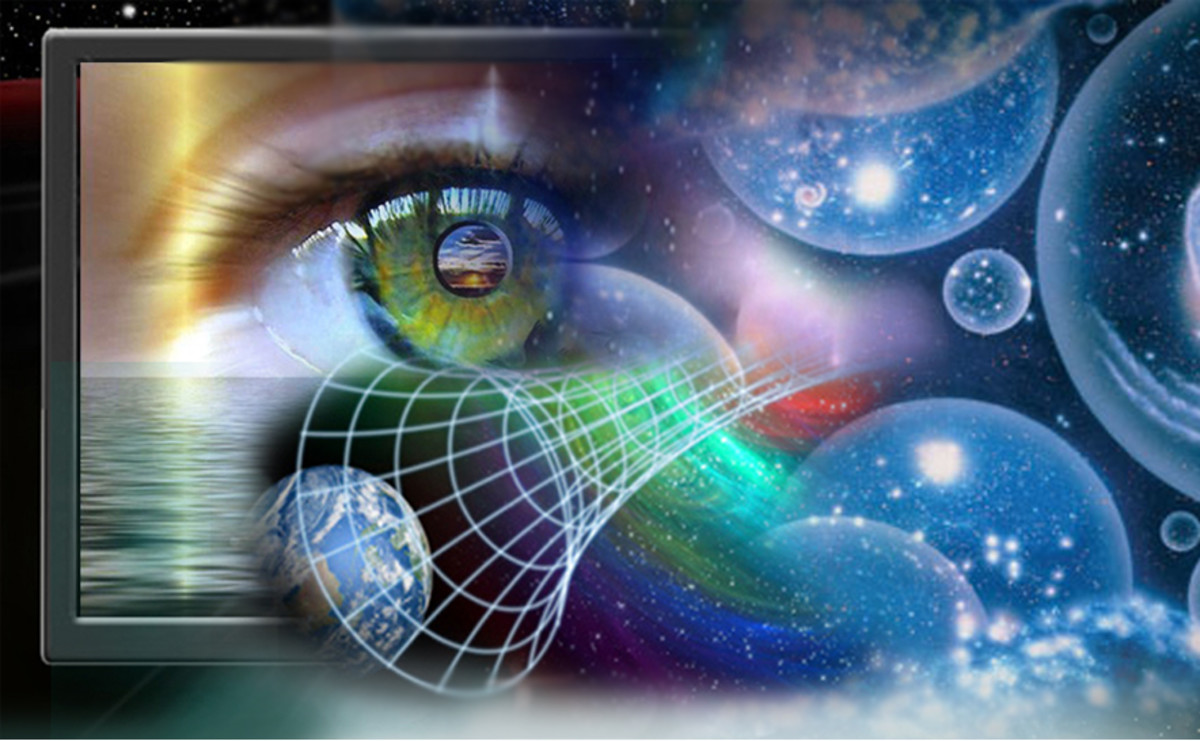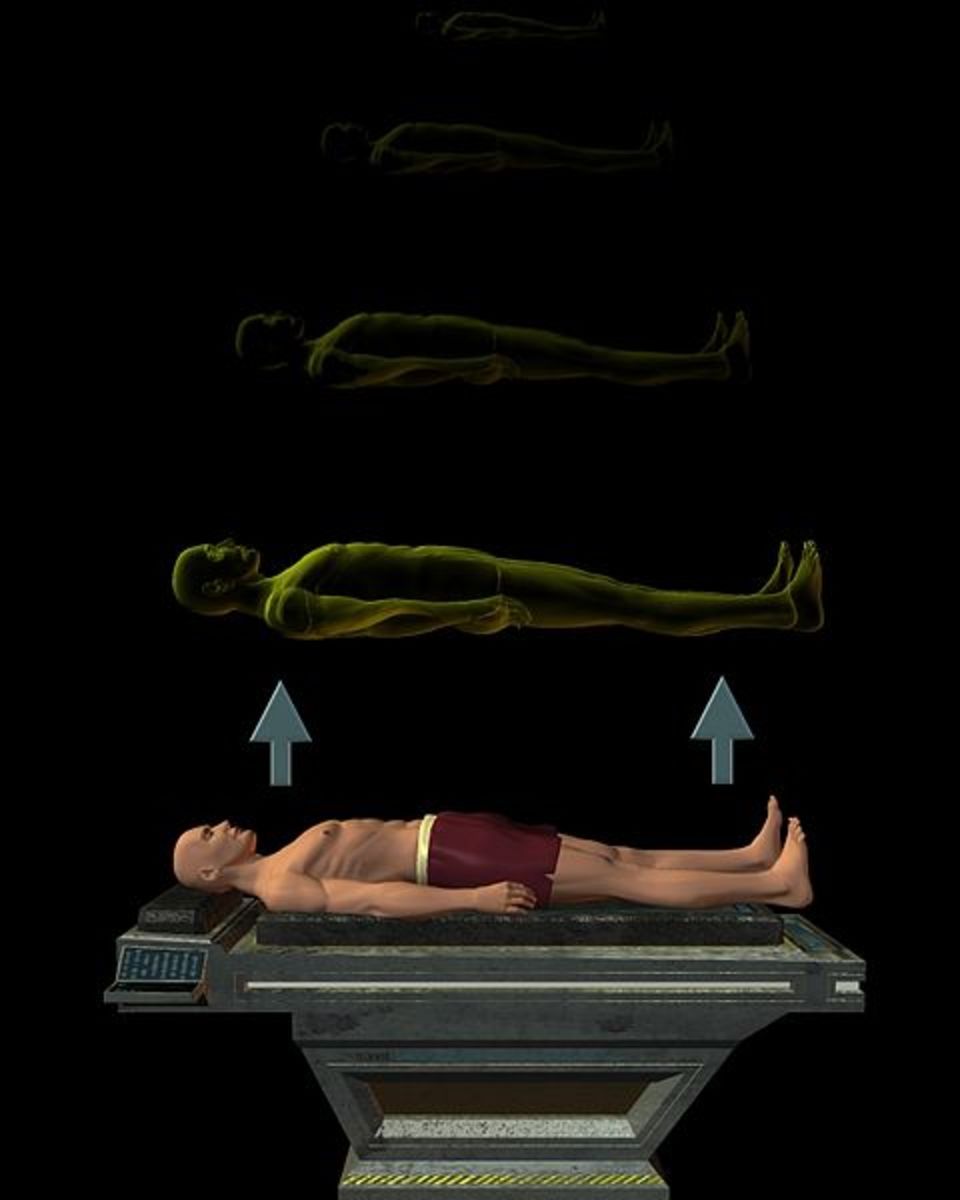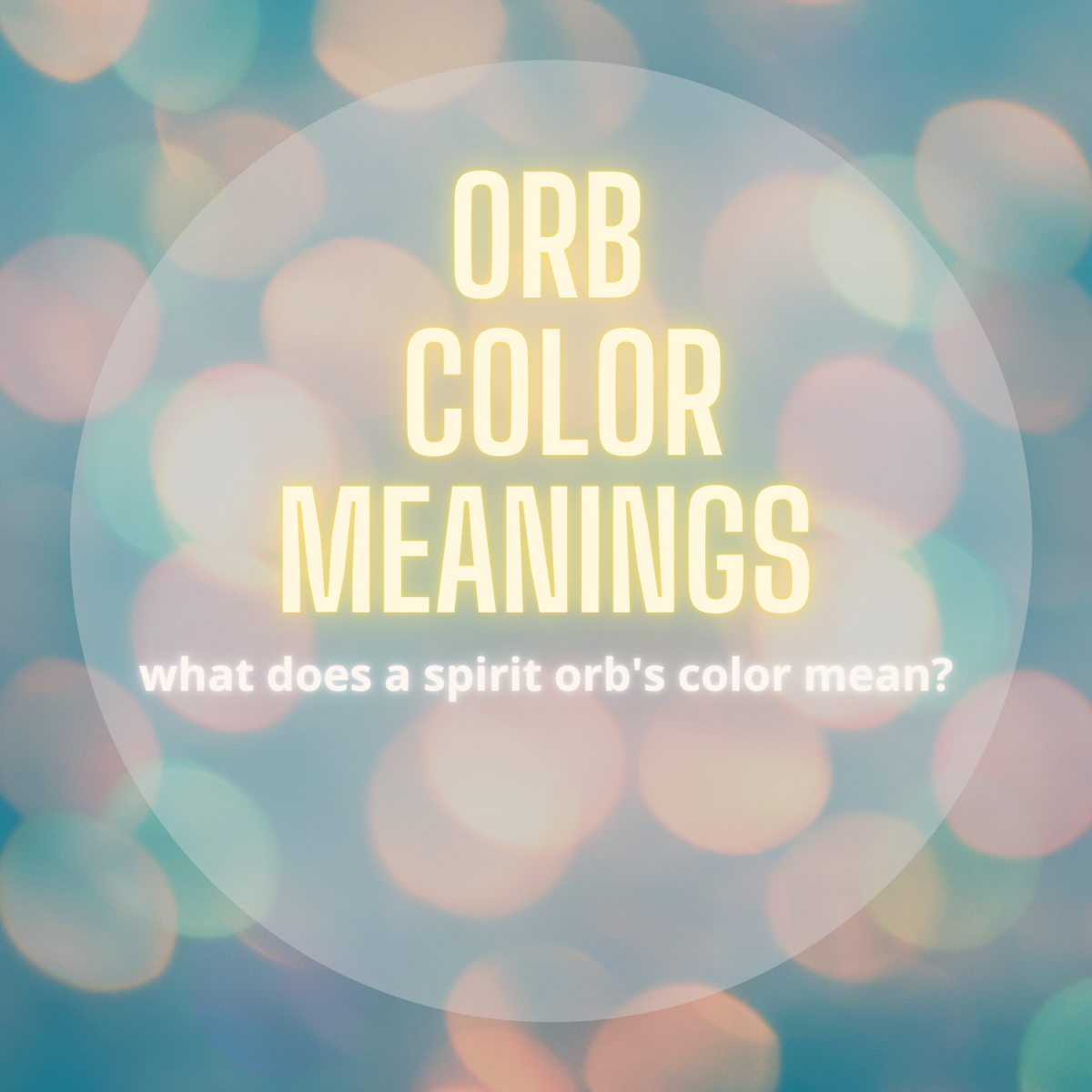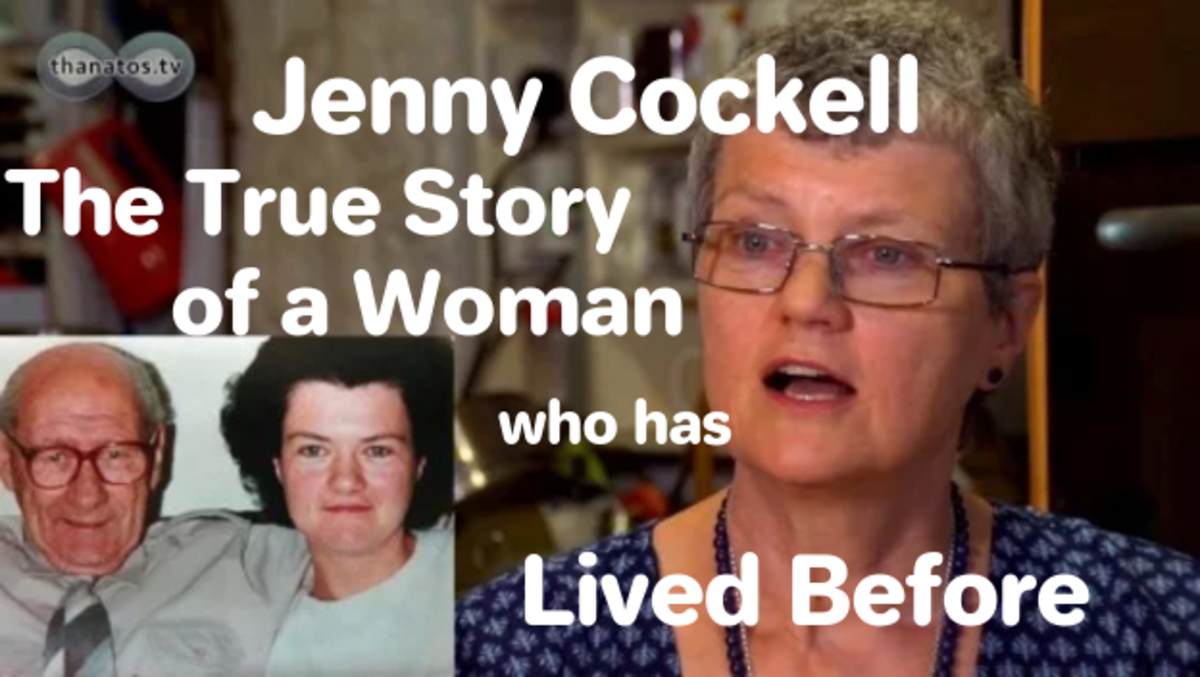An Introduction to Parapsychology
In recent times parapsychology has become a very popular topic of interest. Parapsychology includes phenomena such as telepathy, clairvoyance, near death experiences and reincarnation. Many people are drawn to studying parapsychological subjects because they do not appear to be limited by the known boundaries of the human world, time or space. They challenge lots of wide spread beliefs about life and death and blur the distinction between the mind and matter.

Examples of Parapsychological Phenomena
Telepathy: Direct communication between minds.
Premonition: Obtaining information about the future that could not be found through standard methods. Premonition can range from a vague feeling of uneasiness or disquiet to dreams or hallucinations showing future events playing out.
Clairvoyance: The ability to gain information about a person, location or event through means other than the known human sense of sight, hearing, taste, smell and touch. Clairvoyance is a form of ESP.
Extra-sensory perception (ESP): A term that covers a range of abilities that allow someone to obtain information about people, places or events beyond the reach of the normal senses.
Psychokinesis (PK): Direct mental interaction with animate or inanimate objects that cannot be explained by traditional means or science.
Bio-PK: Direct mental interactions with other living beings.
Near death experience (NDE): An experience sometimes reported by people who were revived or came close to death. These tend to include experiences of feeling at peace, out of body experiences and seeing lights.
Out-of-body experience (OBE): The experience of feeling separated from one’s body. OBE’s are sometimes accompanied by visual perceptions of flying through the air or of looking down on the body.
Reincarnation: The belief that we live successive lives. Primarily, evidence for this phenomenon comes from children who are apparently able to recollect their past lives, sometimes with great detail and accuracy.
Haunting: Recurring phenomena’s in a particular location that may include apparitions, sounds, the movement of objects, and otherwise unexplained effects.
Psi: A neutral term sometimes used for parapsychological phenomena.
Clairaudience: The ability to hear sounds without the use of the human sense of hearing.
Apparitions: This term can be used to cover a range of experiences including ghosts, visions and bilocation.
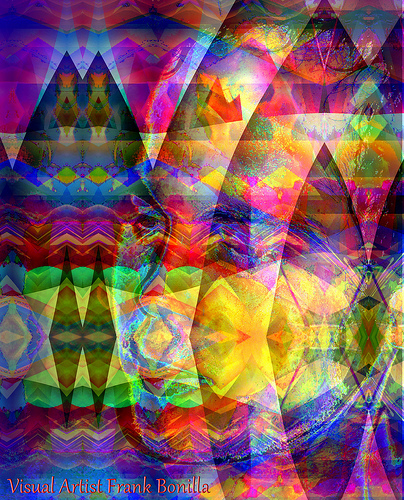
For some people parapsychological phenomena can cause a great amount of worry and fear, even if they have never experienced them. A lot of this fear can come from the abilities, occurrences and concepts being unknown to the person or due to misconceptions that have arisen over time and spread.
Examples of this include:
- The fact that parapsychology has often been associated with witchcraft and magic, which are seen as negative forces in general society.
- Fear that people will be able to read a person’s mind and know their true thoughts, desires and secrets.
- Fear of being shunned or thought of as crazy.
- Negative reactions towards a person’s experiences of parapsychological phenomena, especially when the experiences whereas a young child.
- Fear that extra sensory perceptions will lead to learning unwanted things about other people and places.
- People may be frightened by premonitions or wish that they did not know what was going to happening in the future.
- People can have a fear that if PSI abilities are real then other things that they believe in may not be. Or that there are other things in the world they do not know of that are true, leading to anxiety and uncertainty.
Although some people are very resistant to changing their view of the paranormal or even discussing the matter, others are open to discussion and on hearing an alternative view to what they have always believed or been taught may find that they lose their fears as they realise that they were unfounded. Like many aspects of life existence the paranormal can be used in negative ways or to cause harm but can also bring a lot of comfort and help to people. For example, there have been instances where clairvoyants have helped the police to solve crimes or finding missing people.
Some terms commonly used in parapsychology
Spirit – The spirit is generally regarded as the ‘vital essence of a living thing’. The spirit is the consciousness that exists outside of the physical body. When people talk about being spiritual they do not necessarily mean religion. Although religious beliefs and practices can be described as spiritual, the term spirituality is also used to mean many other things including things that relate to or affect the human spirit rather than physical things or as the search for the sacred. Spirituality may encompass many topics such as psychology, personal well-being and development and mystical and esoteric traditions.
Soul – The soul can also be described as the vital essence of a person. The spirit is part of the soul. When a person dies the soul leave their body and it is only the body that remains. Many people believe that the soul continues to exist after death and becomes what are commonly referred to as ghosts or spirits. Another belief is that the soul begins a new life in a new body.
Reincarnation – This is the idea of the soul living on after death in a new body. This body maybe human or animal and different religions and cultures have differing beliefs regarding reincarnation.
One such belief is that our souls travel through time almost like a school, taking lessons. It can take many of these lessons (lives) for the soul to be able to pass on to higher realms of existence. Some people are able to remember these past lives. Although most people do not directly remember their past lives, many people believe that past lives affect the decisions that are made in the present life.
Karma – Karma can be viewed as a cycle of cause and effect. A person’s karma will be determined by the things that they have done in life or intend to do. All actions that we take have an effect on ourselves, the world and other people around us. Energy is sent out from a person via their thoughts, words and actions. Karma can be viewed as a teacher that aims to teach people to be responsible for their own lives and actions and to take care to think about any consequences that may occur. Over time people will change their behaviour as needed so that the energy they send out is more positive or if not, they will experience negativity in their own lives.
© 2013 Claire


